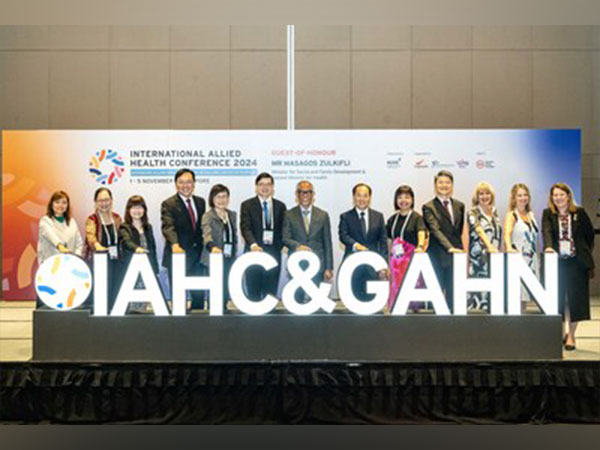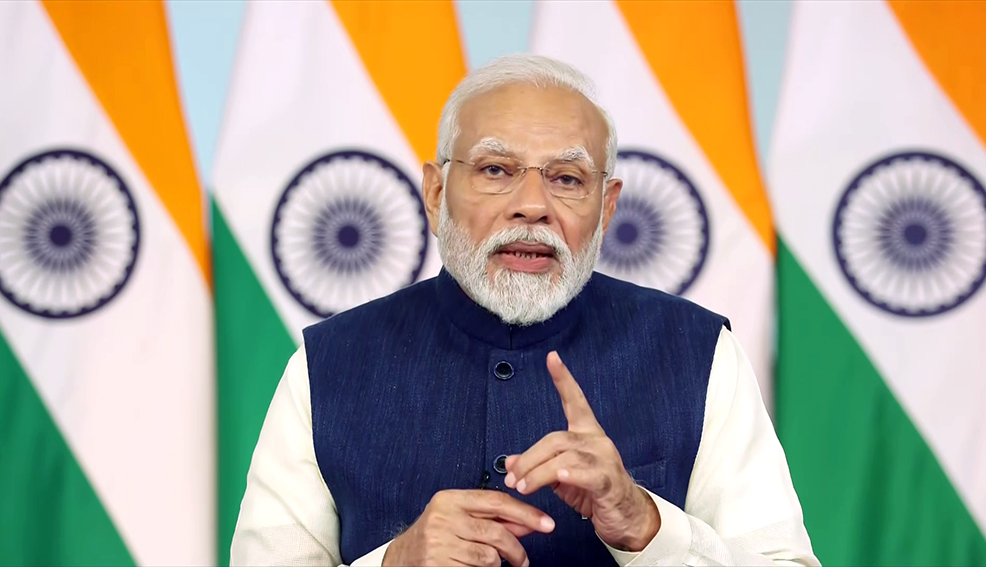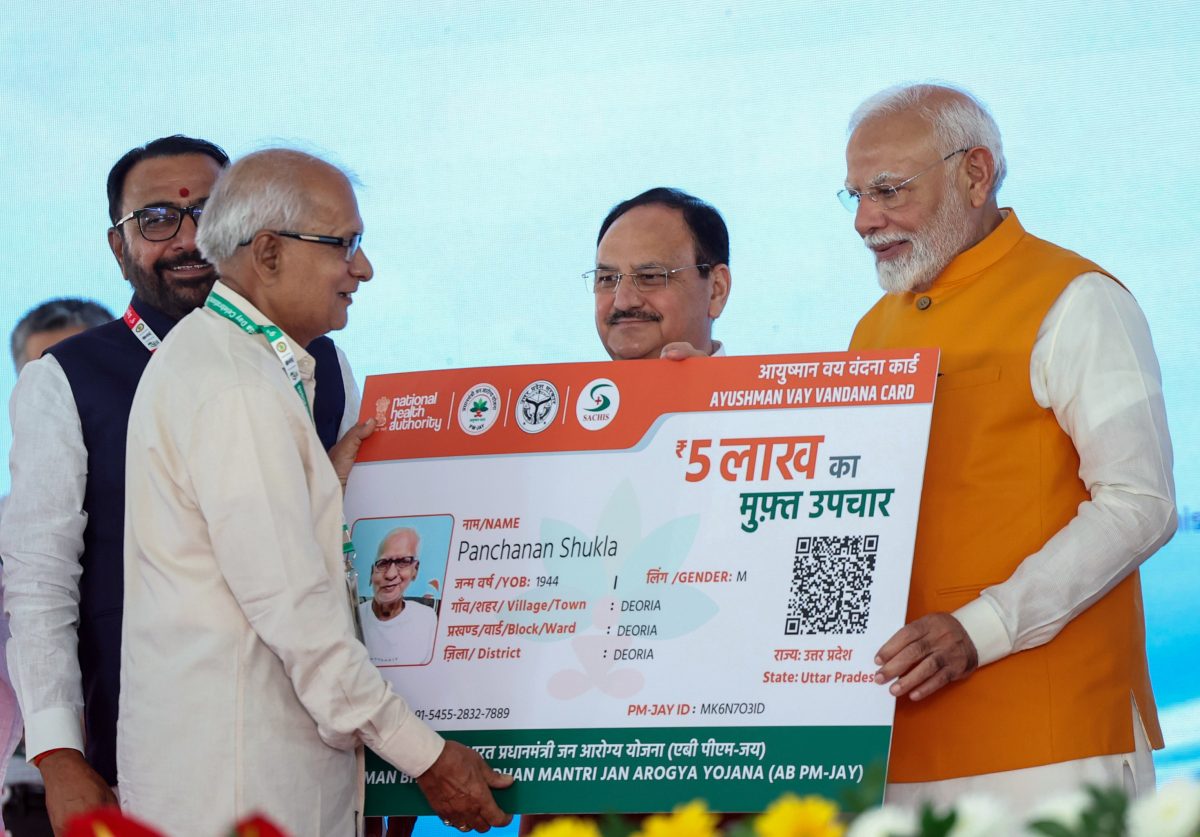The Global ESG Conclave 2.0, organised by Associated Chambers of Commerce and Industry of India was held in Dubai on July 26. The conclave put spotlight on essential topics related to Environmental, Social and Governance (ESG) practices in business.
With an aim to promote sustainable decision-making, the conclave delved into various critical subjects. The sessions were aimed to shed light on integrating Environmental, Social, and Governance (ESG) factors into strategic business decisions and quantifying their impact on financial infrastructure and sustainability.
The conclave was inaugurated by K Kalimuthu, Consul, Consulate General of India. The conclave featured key panel discussions on ESG compliances, mandatory disclosures, standard taxonomy, carbon budgets and trading among others. Experts shared insights to promote sustainability and responsible business practices for a greener future.
Panel Session I focused on “Integrating ESG into strategic business decisions.” The discussion revolved around incorporating ESG factors into business strategies, promoting sustainability in investment decisions and upholding ESG values to shareholders and stakeholders.
Panel Session II tackled the theme of “Quantifying ESG for a robust financial infrastructure framework.” Experts explored organic approaches to include sustainability factors in financial planning and reporting, revealing how ESG practices could positively impact a firm's competitive position.
“Managing transition risk and developing ESG pathways to reach net zero targets” was the center of discussion in the third panel. Experts exchanged ideas on reducing energy intensity, navigating decarbonization and leveraging ESG principles for growth.
Panel Session IV delved into “Managing uncertainty on future ESG regulation and compliance.” Industry leaders explored challenges and opportunities arising from evolving ESG regulations, aiming to implement holistic ESG strategies and transparency in data reporting.
Panel Session V focused on the crucial topic of “ESG & Urbanization.” The panelists emphasized achieving net-zero targets, clean energy production, water and waste management, and addressing social cohesion in rapidly urbanizing areas. The last session, Panel Session VI, addressed “ESG Practices for Logistics and Retail Management.” Participants discussed developing clear ESG strategies for logistics and retail establishments to align values and goals with stakeholders and investors.
The conclave provided a platform for in-depth discussions on pressing ESG-related subjects, encouraging businesses to embrace sustainability and responsible practices to create a greener, socially conscious future.
(Vinod Kumar, UAE)




















